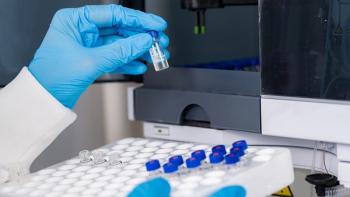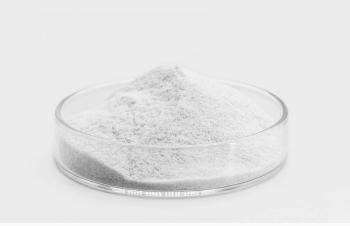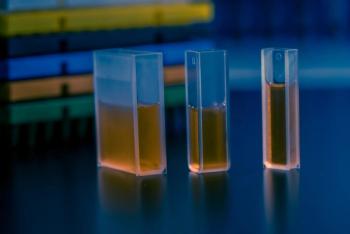
- Pharmaceutical Technology-07-02-2020
- Volume 44
- Issue 7
Qualification of a Swab Sampling Procedure for Cleaning Validation
The authors present a simple way to qualify a swab-sampling procedure for its ability to recover residues of a small-molecule API from cleaned equipment surfaces.
Spiking studies were specifically designed to assess the impact of sampling parameter variability on swab recoveries. The qualification characteristics included accuracy, precision, linearity, and robustness. An eight-run Plackett-Burman design was used to assess the procedure’s robustness.
Recovery factors for correcting analytical results, taking into account recovery variability, were estimated from the data. The average and individual recoveries for each spiked level were greater than 70%, and the percentage relative standard deviations for overall precision at each spiked level were <20%. The method was found to be robust because none of the factors examined had a statistically significant effect on swab recovery. Results demonstrated that the swab-sampling procedure is suitable for use in cleaning validation.
Regulatory guidance documents currently focus on sampling method effectiveness and demonstrating recovery (3–6). They do not provide specific recommendations on how recovery studies should be designed. A number of different approaches are currently used (7), but methods can be inconsistent, potentially resulting in poorly designed recovery studies, biased results, and misleading recovery factors. The authors research focuses on improving the understanding and assessment of potential sources of variability, presenting a real-world study of sampling methods.
for a PDF file.
Submitted: October 28, 2019
Accepted: January 3, 2020
Article Details
Pharmaceutical Technology
Vol. 44, No. 7
July 2020
Pages: 38-45
Citation
When citing this article, please refer to it as M. Ovais et al., "Qualification of a Swab Sampling Procedure for Cleaning Validation," PharmTech 44 (7) 2020
Articles in this issue
over 5 years ago
Performing Remote Audits During the Pandemicover 5 years ago
Demand for Custom Dosage Forms Fuels Innovationover 5 years ago
Learning Regulatory Lessons in Times of a Crisisover 5 years ago
Business on Hold? EMA’s Full Recovery in Questionover 5 years ago
Taking a Controlled Approachover 5 years ago
Unprecedented Times in Vaccinesover 5 years ago
No Business, Like Brexit Businessover 5 years ago
Innovating Continuous Twin-Screw Granulation with Foam DeliveryNewsletter
Get the essential updates shaping the future of pharma manufacturing and compliance—subscribe today to Pharmaceutical Technology and never miss a breakthrough.




